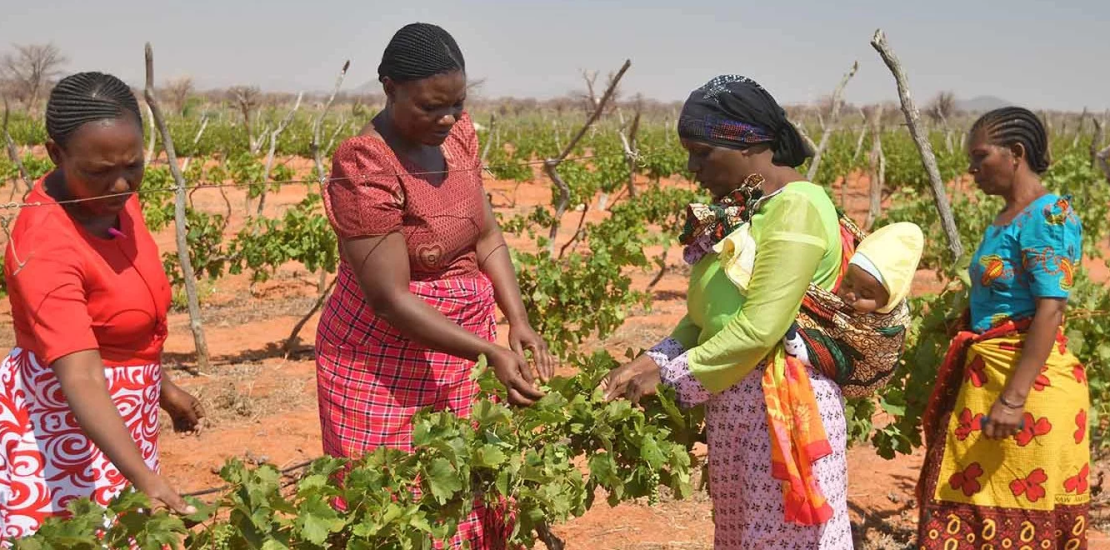Restoring Nigeria’s Land Before It’s Too Late
- June 17, 2025
- Posted by: Hub Admin
- Categories: Article, Climatic Justice, Environmental Protection

By Pamela Udejimba
A Nigerian Call to Action on Desertification and Drought
The Scale of Nigeria’s Land Degradation Crisis
Each year, across Nigeria, hundreds of thousands of hectares that could otherwise feed communities and support livelihoods are lost to degradation. The National Agency for the Great Green Wall estimates that over 60% of Nigerian land is threatened by desertification. As the Sahara Desert slowly creeps southward, overgrazing, deforestation, unsustainable farming, and climate change are turning once-productive land into dry, cracked soil that can no longer support life. This results in tangible consequences such as shrinking harvests, rising food prices, forced migration, and mounting conflict over scarce resources like water and pasture.
Understanding Land Restoration and Its Benefits

According to the United Nations, land restoration refers to the process of halting degradation or rehabilitating degraded land, typically through activities like reforestation, soil conservation, and the protection of natural processes. It aims to enhance biodiversity, restore ecosystem services, and mitigate climate change impacts. When we restore degraded land, we create new chances for agriculture to thrive, for youth to find employment in green jobs, and for communities to become more resilient against climate shocks. In Nigeria, over 70% of the population depends on agriculture. By adopting sustainable land management practices such as agroforestry, crop rotation, water harvesting, and afforestation, we can boost soil fertility, improve food production, and revive local economies.
Success Stories: Proven Solutions Already working
Successful efforts already exist. The Great Green Wall initiative is re-greening parts of northern Nigeria by planting trees, restoring degraded landscapes, and training local people to care for the land. In states like Kano and Bauchi, communities have begun using zai pits and other traditional water-saving techniques to reclaim dry farmland. The World Bank-supported ACReSAL project is also working with 19 states to scale up landscape restoration and climate adaptation.
A Call for Urgent, Coordinated Action
But we need to go further and faster. The Nigerian government must prioritise large-scale investment in land restoration. State governments should enforce anti-deforestation laws and support farmers with climate-smart tools and training. Schools and religious institutions can educate children and adults on the value of protecting our land. The media can spotlight success stories that show what is possible. All of us as individuals can each plant a tree, support sustainable food systems, conserve water, and speak up for the environment.
Building a Greener Future
Restoring land is our chance to build a Nigeria that is greener, fairer, and more secure for all. As we mark the 2025 World Day to Combat Desertification and Drought under the theme “Restore the land. Unlock the оpportunities,” let us commit to action. The land is our life, and to restore it is to restore hope.
